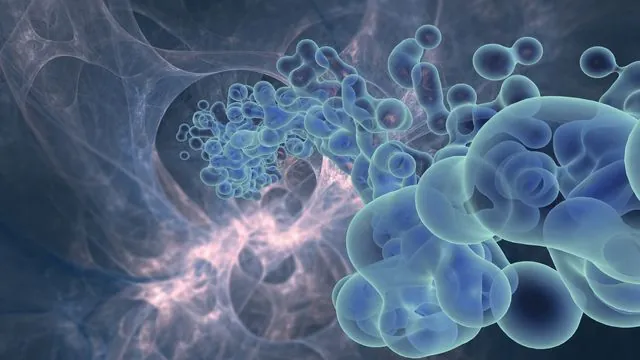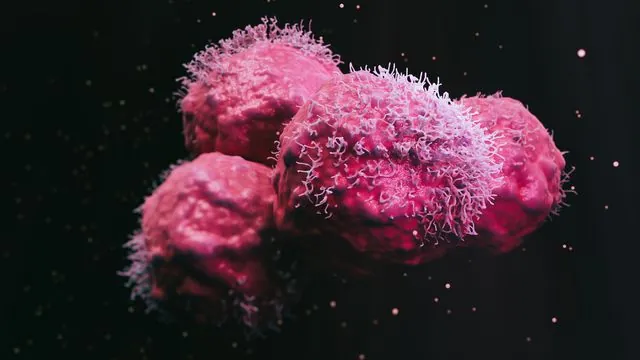
Breakthrough Discovery: Ottawa Scientists Unveil the Secret Code for Drug Delivery using Exosomes!
2024-12-12
Author: John Tan
Introduction
In an exciting scientific advancement, researchers at The Ottawa Hospital and the University of Ottawa have uncovered an astonishing 18-digit code that enables proteins to effectively latch onto exosomes—microscopic cellular fragments that transport biochemical signals throughout the body.
Significance of the Discovery
Published in the prestigious journal Science Advances, this groundbreaking discovery is set to revolutionize the emerging field of exosome therapy, which aims to harness these tiny vesicles for drug delivery across a spectrum of diseases.
Expert Insights
Dr. Michael Rudnicki, the senior author of the study and director of the Regenerative Medicine Program at The Ottawa Hospital, emphasized the significance of this finding, stating, 'Proteins are naturally occurring drugs in the body, but they often struggle to navigate effectively through our biological systems. With this discovery, we can now leverage exosomes to deliver any protein across the body, paving the way for innovative drug development.'
Targeting Code Identification
The research team pinpointed the exosome-targeting code within a protein known as Wnt7a. This crucial protein plays a vital role in development, growth, cellular regeneration, and cancer processes. Their breakthrough began with demonstrating that Wnt7a can successfully attach to exosomes. The team then meticulously removed various portions of the Wnt7a protein, eventually isolating a tiny segment responsible for binding to exosomes, termed Exosome Binding Peptide (EBP), consisting of just 18 amino acids.
Mechanism of Binding
Further analysis revealed that the EBP binds effectively with proteins called Coatomers present on exosomes, providing a potentially powerful tool for targeting any protein to these vesicles.
Practical Implications
Dr. Uxia Gurriaran-Rodriguez, the study’s first author and a former postdoctoral fellow in Dr. Rudnicki's team, commented on the relevance of their discovery. She noted, 'Researchers have faced challenges in utilizing Wnt7a as a drug for muscle regeneration, as its fatty composition hinders its solubility in body fluids. Our breakthrough in understanding how Wnt7a attaches to exosomes could expedite drug development for devastating conditions like Duchenne muscular dystrophy.'
Future of Exosome Research
Exosomes have gained significant attention in both academic research and biopharmaceutical industries, with projections from DelveInsight indicating tremendous growth potential in this field. The collaborative efforts of The Ottawa Hospital, the University of Ottawa, and various partners have positioned them as leaders in integrating exosomes with proteins, RNA, and other biomolecules to innovate therapeutic solutions. Furthermore, the Ottawa Hospital’s Biotherapeutics Manufacturing Centre is set to play a crucial role in transforming this promising research into practical treatments for patients in need.
Conclusion
This discovery not only opens a new chapter for drug delivery methods but also holds the potential for advancements in addressing some of the most pressing health challenges of our time. How will this innovative approach change the future of medicine? Stay tuned for updates!



 Brasil (PT)
Brasil (PT)
 Canada (EN)
Canada (EN)
 Chile (ES)
Chile (ES)
 España (ES)
España (ES)
 France (FR)
France (FR)
 Hong Kong (EN)
Hong Kong (EN)
 Italia (IT)
Italia (IT)
 日本 (JA)
日本 (JA)
 Magyarország (HU)
Magyarország (HU)
 Norge (NO)
Norge (NO)
 Polska (PL)
Polska (PL)
 Schweiz (DE)
Schweiz (DE)
 Singapore (EN)
Singapore (EN)
 Sverige (SV)
Sverige (SV)
 Suomi (FI)
Suomi (FI)
 Türkiye (TR)
Türkiye (TR)